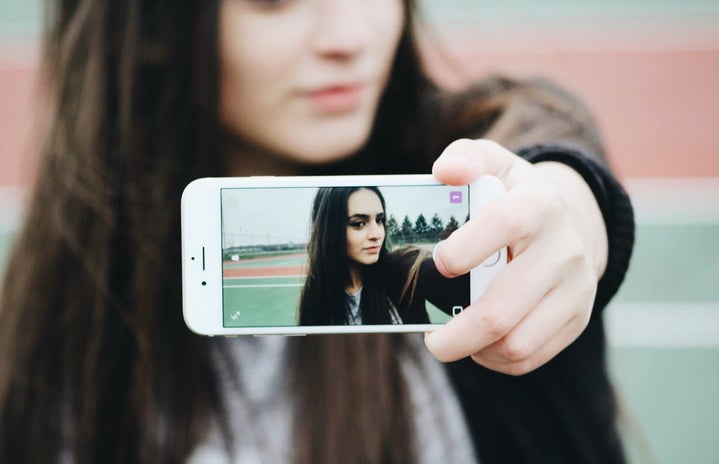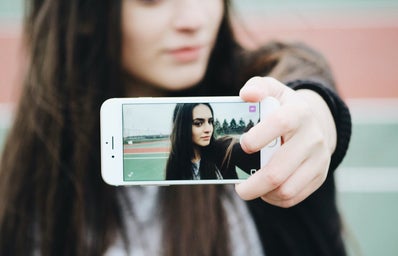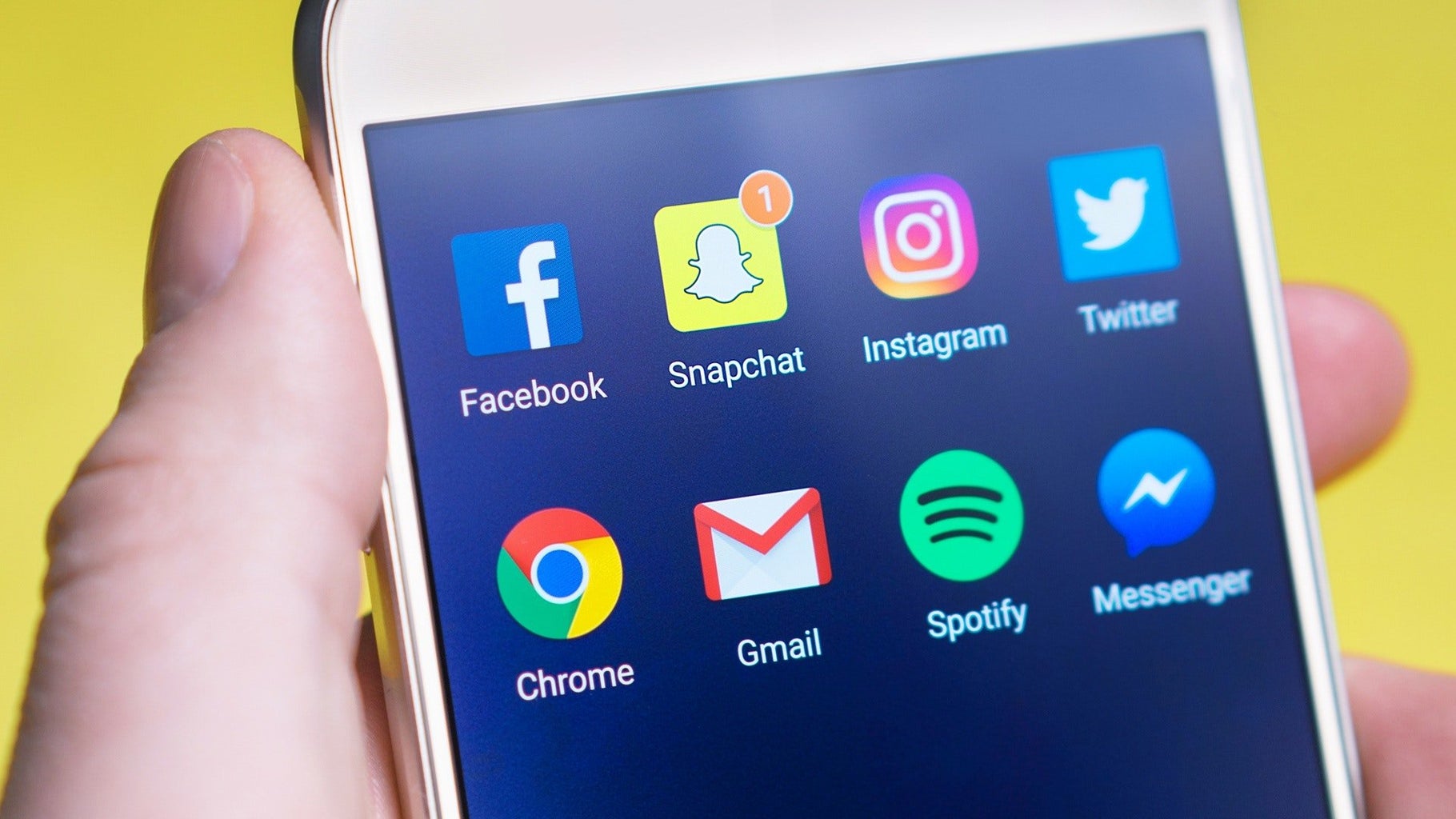How has social media usage in adolescence affected overall body image? Between Instagram, Twitter, and Facebook, the youth of America are no strangers to the public eye. Most children in the United States have at least one social media account by the time they graduate from elementary school. With the help of research, I have been able to get down to the bottom of the virus, which is social media. Social media usage has negatively affected adolescents in terms of body image by giving them unrealistic standards, low self-esteem, an influx of eating disorders, and a multitude of mental health issues.
Social media has given adolescents unrealistic expectations of how they should look. On social media, celebrities and teenagers alike show the best version of themselves; however, this version that they show to the general public is not the reality. In the TED Talk, Our Body Image and Social Media: Live Life Unfiltered by the Canadian twins Keisha and Teagan, they spoke about their struggles with dealing with the pressure of social media. The girls begin their talk with a personal story on how they have used social media as a front to pretend that they are happy and confident when, indeed, they are depressed and self-conscious. They focus the majority of their talk on Instagram and discuss the negative effects that Photoshop and filters have on body image. They share how they both dealt with constant body comparison and the reality that they would never be able to live up to societal beauty standards as young girls. Furthermore, they both realized that all young girls go through this struggle. They found research that supported the idea that “teenage girls are more negatively affected (by social media) than teenage girls.”
Through social media, children tend to fall into the unhealthy trait of self-absorption. “Self-absorption involves obsessing over one’s appearance as a result of the constant body comparison that one sees on their social media platform.” This habit can easily fester in children and heavily affect them later in life. In Social Media and Mental Health by Lawrence Robinson and Melinda Smith, they discuss the negative role social media plays in one’s mental health. Then, they go into the pros and cons of social media use, with the deficits outweighing the positives. Some of the cons include isolation, FOMO (fear of missing out), depression, anxiety, cyberbullying, self-absorption, etc.
Speaking from the point of view of a 21-year-old female, I can vouch that the constant comparison and self-absorption concerning physical features have an overall negative effect moving forward in life. I tend to find myself falling into spells where I perform the same negative traits that I did when I was a child. As a result, this means that I compare myself to those older than me or those who have had work done to themselves. This behavior has been ingrained in me because I grew up on social media. This side of social media has negatively impacted me, and I know that hundreds of my peers have dealt with the same thing. Social media platforms tend to give children unrealistic expectations for themselves, resulting in them having lower self-esteem.
In continuation, social media has lowered adolescents’ self-esteem and overall body confidence. The constant display of what the “perfect body type” is supposed to look like and the influx of fabricated beauty bloggers have resulted in children having lowered self-esteem because they don’t look the way that they are “supposed to look.” This depletes their body positivity, especially because the “body positivity” that they see on the internet is fabricated. The TED Talk, Our Bodies are Not an Image, by Mary Jelkosky, discusses the negative effects that social media has on a young woman’s life. Jelkovsky shares her struggles with social media and body image “…I realized that my body image struggles robbed me of so many of life’s beautiful experiences.” She shares her story to help give guidance, advice, and community to the audience. She discussed how the increased promotion of the “perfect body” on the internet has increased people’s feelings of loneliness/unwantedness, has decreased people’s self-confidence, and has resulted in a rise of eating disorders among young women in particular. She also touches on the importance of self-love and how that needs to be amplified within our society.
In conclusion, social media usage has negatively affected adolescents in terms of body image by giving them unrealistic standards, low self-esteem, an influx of eating disorders, and mental health issues. Throughout my research, I have learned that this toxicity within the universe of social media has been going on for the entirety of the 21st century. However, I hope that the negative side of social media begins to die out. This way, future generations of young people can enjoy the delightful parts of social media for years to come.



